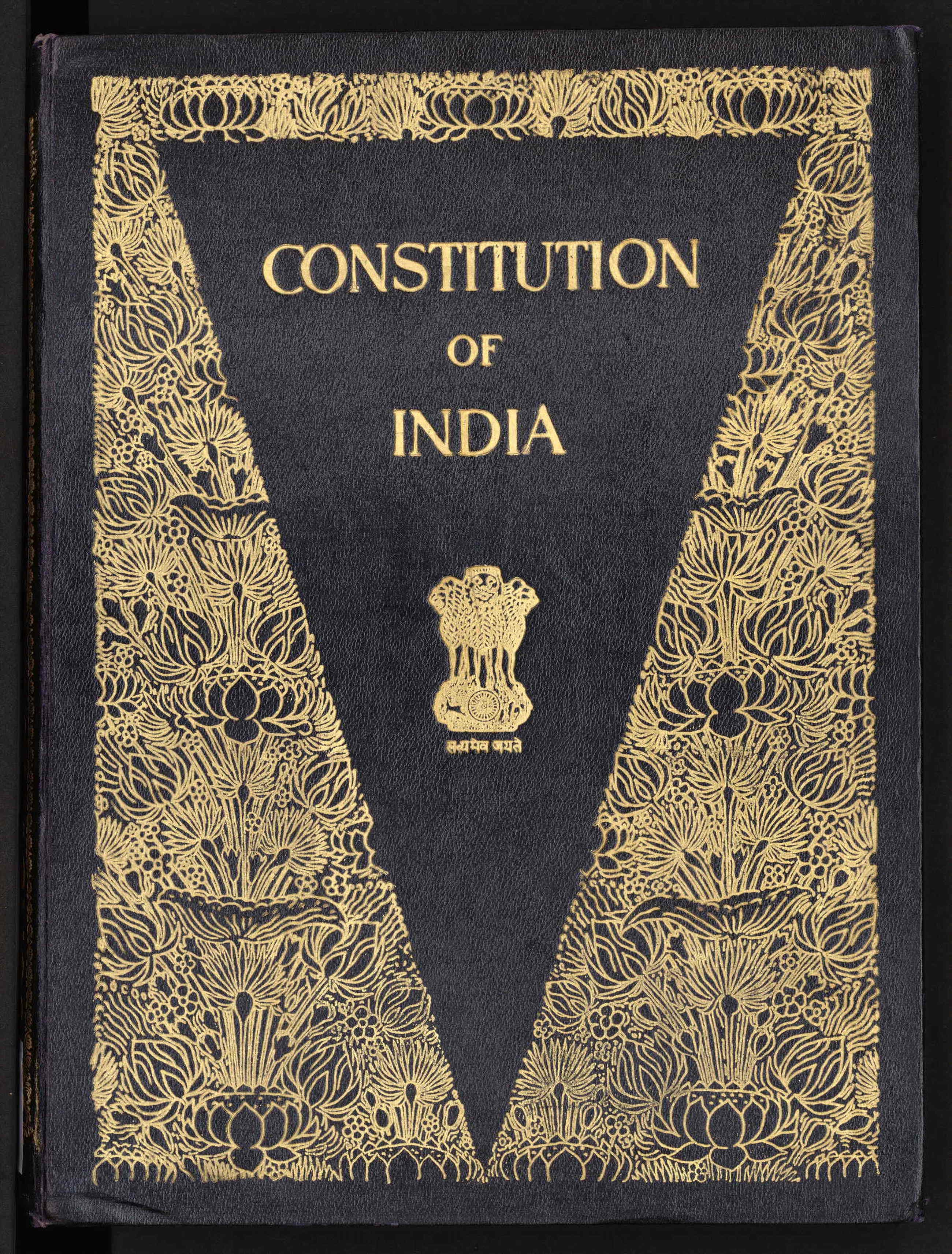Hello friends in this blog I am sharing short questions and answers on Constitutional law. Please read this till the end and share it with all the law students.

Image Credit: nationalinterest.in
Q 1. Which form of government India has?
Ans. India has democratic form of government.
Q 2. Who are our representatives in centre?
Ans. Parliament and the President are our representatives at the centre.
Q 3. Which part of the Constitution of India secures the citizens of India and for what?
Ans. The preamble of the constitution of India provides to secure for our citizens, justice-social, economic and political; liberty of thought, expression, faith, belief and worship, equality of status and opportunity and foster fraternity through constitutionally valid measures.
Q. 4 Why parliament of India can not be described as sovereign?
Ans. In India, because of written constitution, it will be wrong to describe our parliament as ‘Sovereign’, as the constitution of India provides for composition, powers and functions of it. Hence, parliament in India is not fully sovereign but it may be supreme in its own sphere of activity.
Q. 5 Can parliament of India pass a law which violates the provisions of Article 19?
Ans. Parliament of India cannot make a law which imposes unreasonable restrictions on citizens’ fundamental rights, like, freedom of speech and expression, freedom of assembly, freedom of association, to mention a few, guaranteed under Art.19.
Q. 6 Which case describes the limitations of parliament of India?
Ans. The constitutional limitations on our parliament’s powers is recognised in Keshavanand Bharati v. State of Kerala.
Q. 7 Why parliamentary system of government is followed in India?
Ans. India's founding fathers preferred the parliamentary system to the presidential form of government as parliamentary system ensures a better representation of the populace and well suited for country like India with huge diversity. For example, if only a person has to be the leader only the majority community will rule but that is not the case with parliamentary form of system.
Q. 8 Which is the supreme legislative body in India?
Ans. The parliament is a supreme legislative body in India.
Q. 9 What are the components of Parliament of India?
Ans. Parliament of India, comprises of the president of India and the two Houses—Lok Sabha (House of the People) and Rajya Sabha (Council of States).
Q. 10 What are the powers of President in regard of Houses of Parliament?
Ans. The president has the power to summon and prorogue either House of parliament or to dissolve Lok Sabha also president can nominate members for both the Houses as per need.
========
Thanks for reading this blog till the end. Please share this blog.You can use this app for more knowledge.
You can read this book.
========
No comments:
Post a Comment